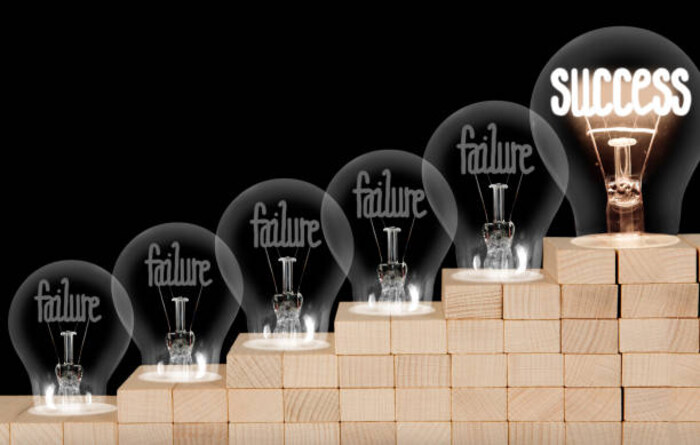
Failure is a word that often conjures negative emotions, but in the realm of success and growth, it has a paradoxical relationship with risk-taking. The more you fail, the more you want to take risks. This counterintuitive connection reveals the transformative power of failure and how it can fuel a relentless pursuit of innovation and achievement.
One of the fundamental reasons behind this paradox is the valuable lessons that failure imparts. When you stumble and fall, you gain insights that would not be accessible otherwise. Failure compels you to reevaluate your strategies, learn from your mistakes, and adapt to new challenges. This newfound wisdom ignites a desire to challenge the status quo and re-enter the arena.
History is rife with examples of celebrated individuals who faced repeated failures before achieving monumental success. Thomas Edison, the inventor of the light bulb, famously remarked, “I have not failed. I’ve just found 10,000 ways that won’t work.” Every failure brought him one step closer to his groundbreaking invention, fueling his determination to keep taking risks and innovating.
Failure also acts as a teacher that desensitizes individuals to the fear of taking risks. Once you have tasted the bitterness of failure and lived to tell the tale, you become less afraid of trying again. This is the essence of adopting a “fail forward” mentality, where each failure is regarded as a stepping stone toward success, not an insurmountable obstacle.
To provide a more vivid illustration, I recently wrote an examination and, unfortunately, I did not pass. However, something remarkable happened. Instead of feeling disheartened, in that very moment, I made a resolute declaration to myself: “I’m coming back for this exam, even if it takes me ten attempts. I am determined to excel, no matter what it takes.” This experience marked the turning point where I realized that I was embarking on a relentless pursuit of success, and I was ready to give my all to achieve it.
Moreover, accumulating failures can amplify your appetite for risk. High-risk ventures often yield high rewards, and those who have encountered numerous setbacks are more willing to embrace these challenges. They comprehend that the journey may be fraught with difficulties, but they also recognize the potential for substantial gains.
In conclusion, the relationship between failure and risk-taking is both profound and paradoxical. The more you experience failure, the more inclined you become to take risks. Failure is not the end but a powerful catalyst for growth and innovation. It equips you with invaluable insights, desensitizes you to fear, and opens the door to greater rewards. Embracing failure as a natural part of the journey can lead to a more adventurous, fulfilling, and ultimately successful life. Don’t run from your fear, face it.
